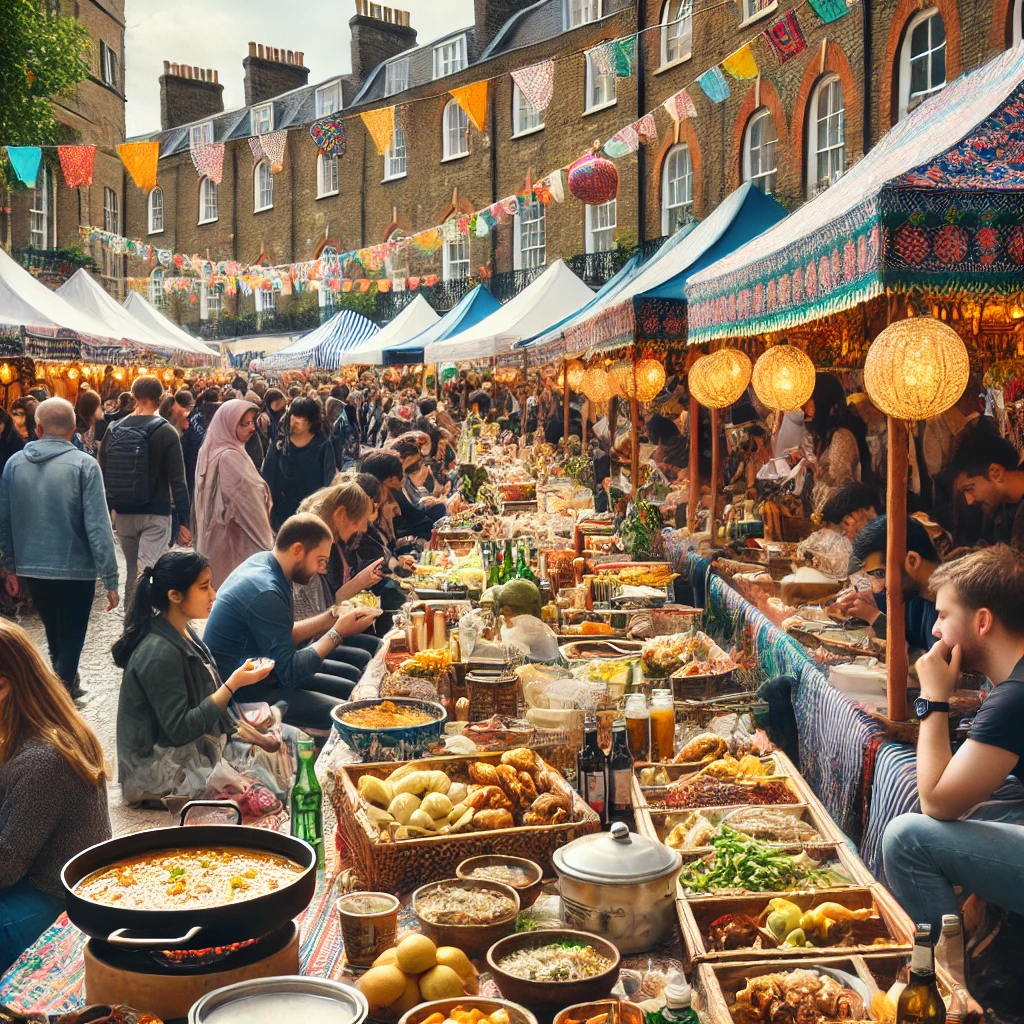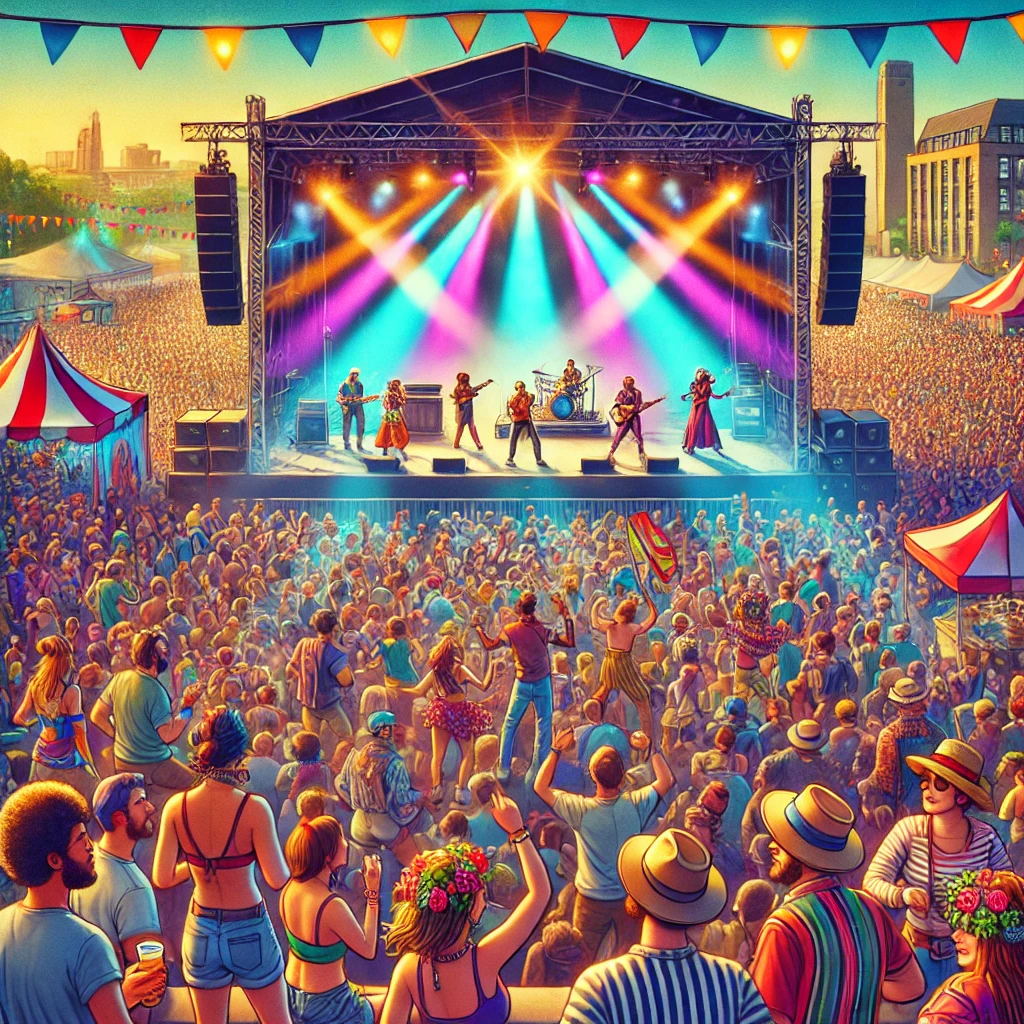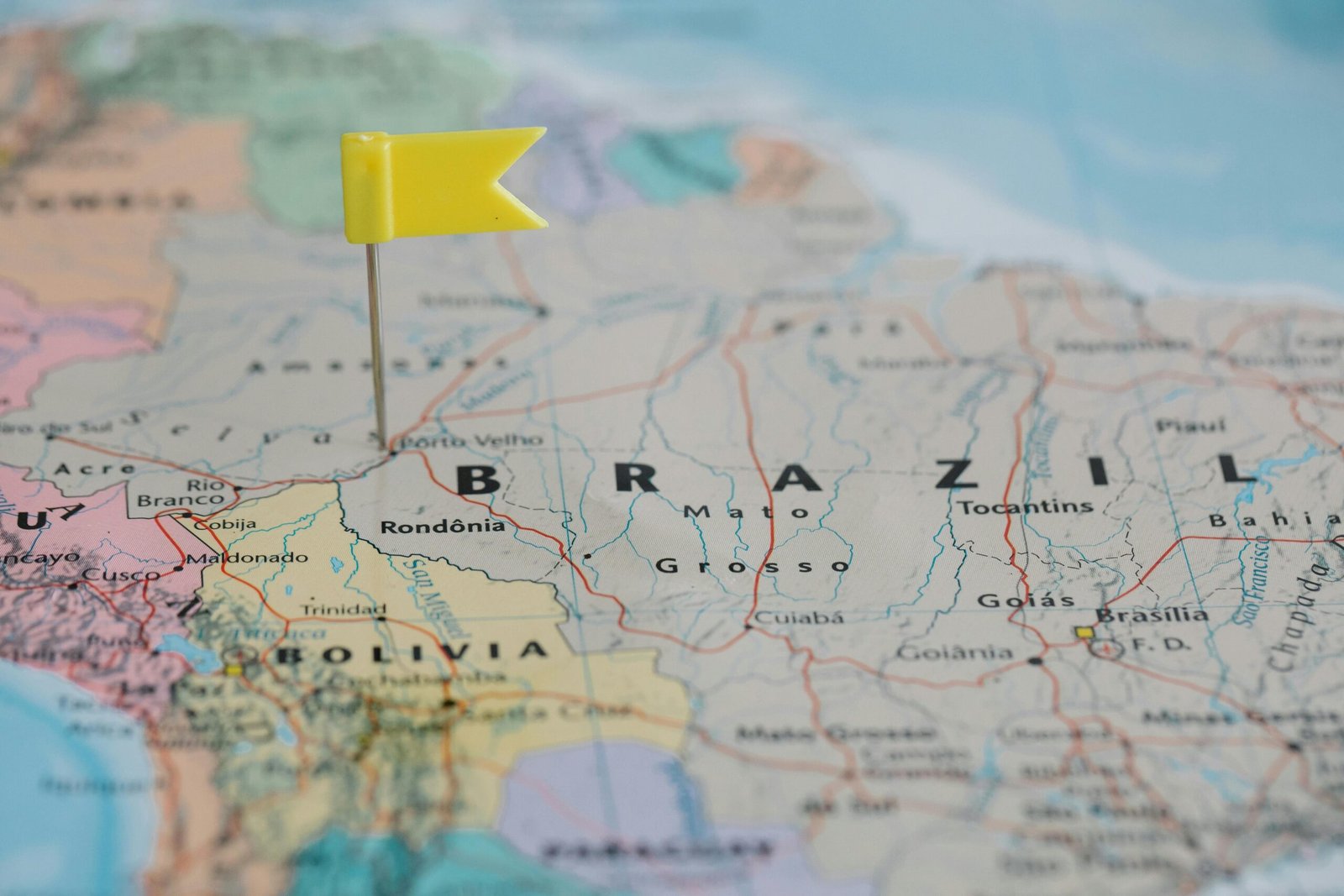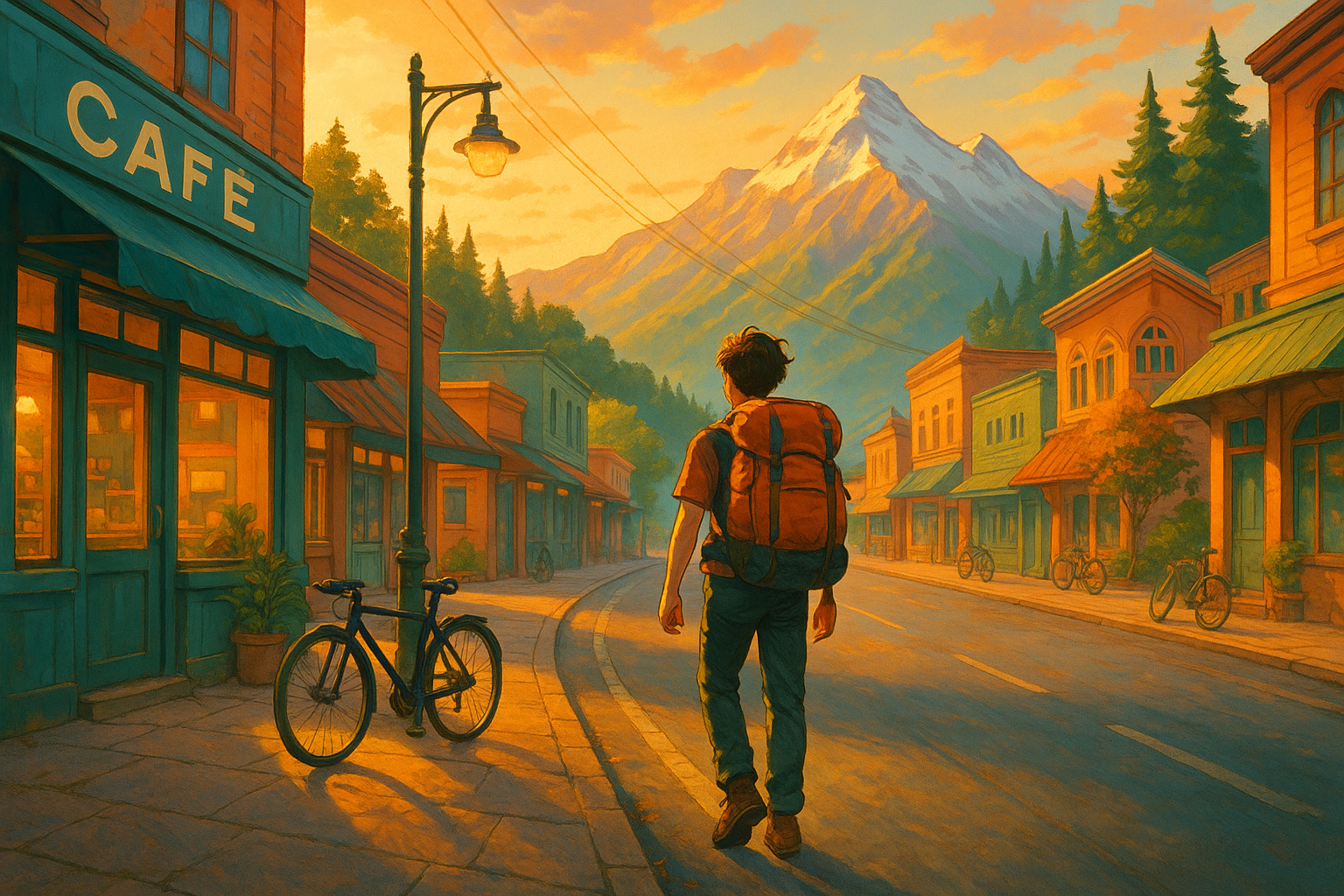Table of Contents
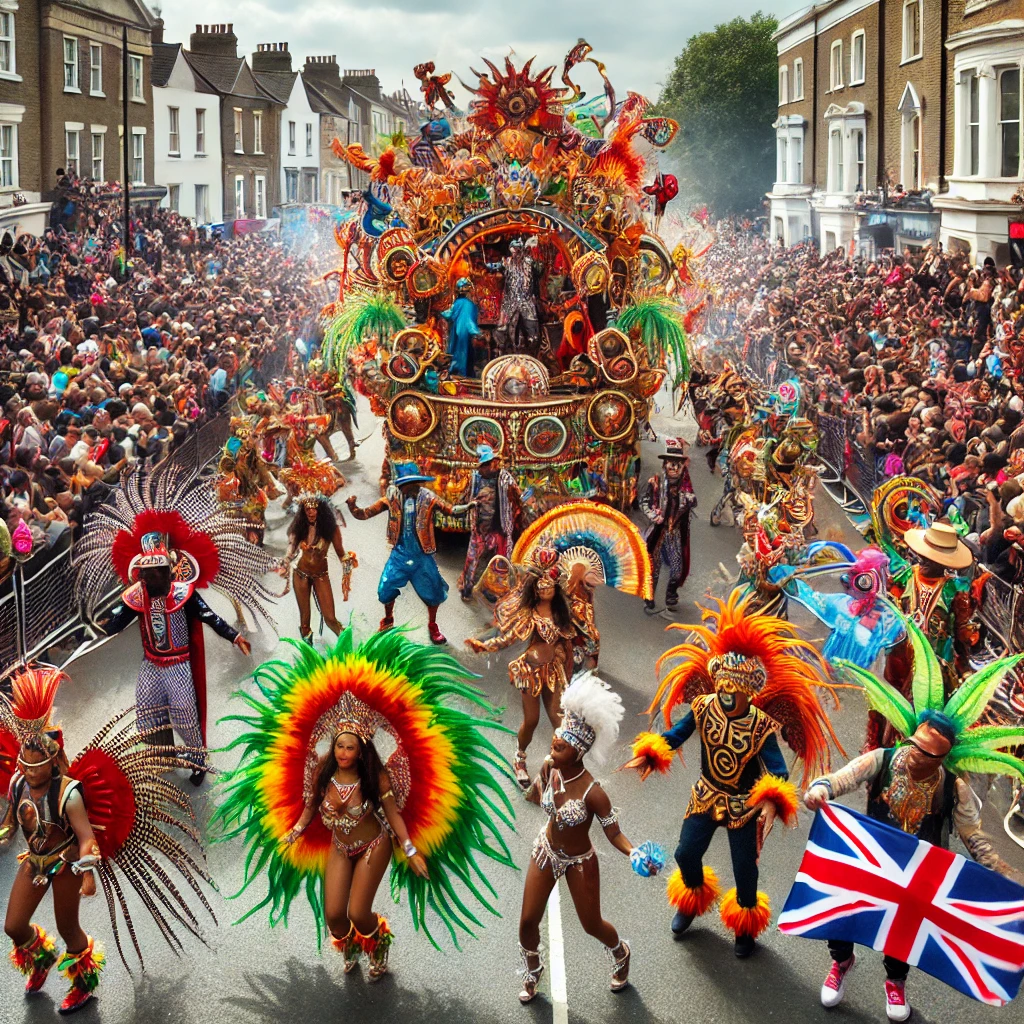
Introduction to Cultural Festivals in the UK
The United Kingdom is renowned for its vibrant and diverse cultural landscape, and this richness is showcased through its numerous cultural festivals. These events are a celebration of the nation’s varied traditions, reflecting the heritage of different communities that call the UK their home. Cultural festivals in the UK serve not only as a platform for joyous celebrations but also play a crucial role in promoting cultural diversity and social cohesion. By bringing together people from various backgrounds to share in each other’s customs, these festivals foster a sense of unity and mutual respect.
One of the notable aspects of these cultural celebrations is their significant impact on tourism. Festivals such as the Notting Hill Carnival, the Edinburgh Festival Fringe, and Diwali in Leicester attract millions of visitors annually from all corners of the globe. These events not only enthrall tourists with colorful parades, artistic performances, and traditional cuisines but also provide them with a unique insight into the cultural fabric of the UK. Consequently, they contribute to the local economy by boosting revenues for hotels, restaurants, and other businesses, creating jobs, and enhancing the overall profile of the host cities.
Moreover, cultural festivals are instrumental in strengthening the community spirit. They act as a catalyst for social interactions and exchanges, bringing together individuals and families in a celebration of collective identity. Local residents often volunteer in various capacities, from organizing events to performing, thereby fostering a sense of belonging and pride in their heritage. The collaborative nature of these festivals also provides opportunities for communities to address common challenges, enhancing social bonds and resilience.
In essence, cultural festivals in the UK are more than mere spectacles; they are vital components of the country’s social and economic fabric. These gatherings not only highlight the UK’s commitment to embracing multiculturalism but also underscore the importance of preserving and celebrating its diverse traditions. As we delve into specific festivals, we will further explore how each contributes to the rich mosaic of British culture.
The historical origins of cultural festivals in the UK are deeply rooted in ancient times, reflecting a rich tapestry of tradition and diversity. These festivals have always been a significant part of British culture, offering a glimpse into the societal values, religious beliefs, and communal practices of different eras. The emergence of these events can be traced back to pre-Christian times, where seasonal festivals like Beltane marked the beginning of summer, highlighting the agricultural calendar’s importance to early communities.
With the advent of Christianity, many of these pagan celebrations were adapted to fit the new religious framework. For instance, the winter solstice festival evolved into Christmas, blending indigenous customs with Christian narratives. The Middle Ages saw the proliferation of various saints’ days, communal feasts, and fairs. These events were central to medieval life, serving both religious and social purposes. The York Mystery Plays, dating back to the 14th century, are a prime example of how religious stories were transformed into public performances, making spiritual teachings accessible to all strata of society.
The Renaissance and Enlightenment periods further shaped the nature of UK festivals. During this time, cultural exchanges brought new influences, enriching the festival landscape. The introduction of May Day celebrations, for example, highlighted the fusion of old pagan rites with new influences and burgeoning trade. Historical events such as the English Civil War and the Restoration also had profound impacts on the nature and frequency of these cultural gatherings. The Restoration period in particular saw the revival of many festivals that had been suppressed under Puritan rule, including Christmas and May Day.
In contemporary times, the significance of traditional festivals has endured while evolving to reflect the UK’s increasingly diverse society. Festivals like the Notting Hill Carnival represent the confluence of Caribbean culture with British tradition, illustrating how historical migration patterns have shaped modern cultural celebrations. These festivals provide a vital bridge between past and present, ensuring that the rich heritage of cultural festivals remains a vibrant part of British life.
Major Cultural Festivals Across the UK
The UK is home to an array of cultural festivals that showcase its rich diversity and deep-rooted traditions. Among these vibrant celebrations, the Notting Hill Carnival stands out as one of the most iconic. Originating in 1966, this two-day festival commemorates Caribbean culture and community spirit in the heart of London. Participants enjoy a display of elaborate costumes, infectious music, and energetic dance, reflecting the cultural heritage of Caribbean immigrants.
Another significant event is the Edinburgh Festival Fringe, known as the largest arts festival in the world. Originating in 1947, it features an eclectic mix of theatre, comedy, music, and more. Artists from across the globe converge in Edinburgh to present thousands of shows, providing a platform for both established and emerging talents. The historic city comes alive with vibrant energy, drawing diverse audiences and adding to the town’s cultural tapestry.
In Leicester, Diwali is celebrated with unparalleled enthusiasm, marking it as one of the largest Diwali celebrations outside India. This festival of lights, signifying the victory of light over darkness, lasts several days and includes magnificent light displays, fireworks, and cultural performances. Community members engage in traditional prayers, share festive meals, and partake in joyous processions. The event highlights the cultural richness and unity within the Hindu, Sikh, and Jain communities in Leicester.
The Eisteddfod, a Welsh cultural festival, underscores the nation’s literary and musical heritage. With origins tracing back to the 12th century, it now serves as a celebration of Welsh language and culture. Events include poetry recitals, choral singing, and performances of traditional music. It is a crucial platform for preserving Welsh identity, drawing participants from across the UK and beyond.
Lastly, the Glasgow International Comedy Festival offers a glimpse into the humor and creative spirit of Scotland. First held in 2003, this festival attracts comedians from far and wide, featuring performances in various venues across the city. It provides an opportunity for both seasoned comedians and new talents to entertain and engage with international audiences, further cementing Glasgow’s reputation as a hub of culture and creativity.
Festivals Celebrating Ethnic and Cultural Diversity
In the United Kingdom, cultural festivals play a pivotal role in showcasing the richness of the country’s ethnic and cultural diversity. These events, such as Chinese New Year, St. Patrick’s Day, Vaisakhi, and Eid, provide immersive experiences that allow different communities to share their traditions and heritage with a broader audience. Celebrating these festivals not only highlights the uniqueness of each culture but also promotes a sense of unity and respect among various ethnic groups.
Chinese New Year, a vibrant festival marked by dragon dances, lantern displays, and fireworks, is celebrated across many cities in the UK, including London, Manchester, and Birmingham. The event brings together people from all backgrounds to enjoy traditional Chinese music, food, and cultural performances, underscoring the contributions of the Chinese community to the UK’s cultural mosaic.
St. Patrick’s Day, synonymous with Irish culture, is another significant cultural event in the UK. Parades, music, and dance performances take place in several cities, with participants donning green attire and shamrocks. The celebration honors Ireland’s patron saint and offers a glimpse into Irish customs and traditions, often culminating in a communal sense of joy and festivity.
The Sikh festival of Vaisakhi, celebrated with vibrant processions and religious observances, marks the Punjabi New Year and is deeply rooted in Sikh history and culture. In cities like London and Leicester, the streets come alive with the sounds of drums and the sight of colorful floats, reflecting the Sikh community’s profound influence on the UK’s cultural landscape.
Eid, celebrated by the Muslim community, marks the end of Ramadan, the Islamic holy month of fasting. It is a time of joy, feasting, and charity. In UK cities, communities come together for special prayers, festive meals, and cultural activities, fostering an environment of inclusivity and mutual respect.
These festivals, with their rich tapestries of tradition and celebration, are more than just annual events; they play an instrumental role in fostering understanding and respect among the UK’s diverse cultural groups. By celebrating these cultural festivals, the UK continues to strengthen its commitment to embracing and honoring cultural diversity.
The Role of Music, Dance, and Arts in Cultural Festivals
In the rich landscape of cultural festivals across the UK, music, dance, and arts occupy a central role in the celebration and preservation of cultural heritage. These artistic expressions serve as vital conduits through which communities convey traditions, stories, and values, ensuring that cultural heritage is both honored and rejuvenated across generations.
Music, in particular, is often the heartbeat of cultural festivals. Folk songs, traditional instruments, and contemporary performances create an auditory tapestry that resonates with attendees. For instance, the Eisteddfod in Wales showcases the melodious heritage of Welsh choirs, while London’s Notting Hill Carnival pulsates with the vibrant rhythms of Caribbean steel bands and reggae music.
Dance equally plays a pivotal role by visually narrating the stories and customs of various cultures. From the graceful swirls of Scottish Highland dancing to the energetic beats of Indian Bharatanatyam at Diwali festivals, dance forms bring communities together in joy and celebration. Each step, gesture, and movement is imbued with meaning, contributing to the festival’s culturally rich narrative.
Furthermore, the visual arts serve as a dynamic platform for cultural expression at these events. Parades, street art, and craft exhibitions display the unique artistic talents of diverse communities. For example, the Edinburgh Festival Fringe features an array of artistic showcases, including theatre performances and visual art installations, highlighting the innovative spirit of cultural artistry.
Through these varied art forms, cultural festivals across the UK accomplish much more than mere entertainment. They foster cultural appreciation, deepen understanding among community members, and contribute to a vibrant, multicultural tapestry. These lively and colorful celebrations ensure that the rich traditions and diverse heritage of the UK continue to thrive and inspire future generations.
Food and Culinary Traditions at Festivals
Food plays a pivotal role in cultural festivals across the United Kingdom, serving as both a medium for culinary expression and a conduit for bringing communities together. Traditional dishes and diverse culinary practices are showcased, allowing festival-goers to experience the rich tapestry of global cuisine without leaving the country.
At these festivals, one can witness an array of mouth-watering dishes, each narrating a unique cultural story. For instance, at the London Greek Food Festival, one might savor succulent souvlaki, creamy tzatziki, and sweet baklava, each carrying the essence of Greece’s culinary heritage. Similarly, the vibrant Edinburgh Mela offers a plethora of South Asian delicacies such as samosas, biryani, and masala chai, inviting attendees to experience the flavors of the Indian subcontinent.
Food is not just for nourishment; it is a social glue that binds festival participants. Shared meals offer opportunities for cultural exchanges, where people from different backgrounds mingle and learn about one another’s traditions. This communal aspect is exemplified in events like the Birmingham Eid Festival, where families gather to break the fast with dishes like dates, lamb kebabs, and sweet treats, encapsulating the spirit of togetherness.
Special food-related activities often accompany these culinary extravaganzas. Cooking competitions, for example, invite both amateurs and professionals to demonstrate their skills, often vying to create the most authentic or innovative rendition of traditional dishes. The Great British Food Festival frequently features bake-offs where contestants present their best pies, tarts, and cakes, celebrating traditional British baking techniques with a modern twist.
Food markets at these festivals also offer a platform for local producers and artisans to display their specialties. From artisanal cheeses at the Bath Food Festival to fresh oysters at the Whitstable Oyster Festival, these markets offer a treasure trove for food enthusiasts eager to sample local produce.
In summary, the role of food in cultural festivals goes beyond sustenance. It is a celebration of heritage, a medium for social interaction, and a platform for communal joy. Through the lens of gastronomy, these festivals offer not just flavors but rich stories of tradition and diversity.
Challenges and Opportunities in Celebrating Cultural Festivals
Cultural festivals in the UK present both significant opportunities and notable challenges. One of the primary obstacles faced in organizing these events is securing adequate funding. Both government and private sponsors are essential for covering the diverse costs associated with venues, performers, and logistics. While public grants can sometimes mitigate financial constraints, they are often not enough to ensure the sustainability of these festivals. Instead, organizers find themselves relying heavily on the goodwill of volunteers and the support of local businesses to bring these vivid celebrations to life.
Political factors also play a role in shaping the landscape of cultural festivals. In an increasingly globalized world, the political climate can influence attendance and participation rates. For instance, visa restrictions and international relations can pose challenges for artists traveling from abroad. In addition, local politics around space usage, noise ordinances, and community support can either bolster or impede the success of such events.
Another complex issue involves navigating cultural appropriation. Organizers must maintain a careful balance to respect and honor cultural traditions without commodifying or misrepresenting them. This requires close collaboration with community leaders and representatives from the cultures being celebrated to ensure that the portrayal is both authentic and respectful. Establishing clear guidelines about what is acceptable in terms of costumes, performances, and vendor practices can help mitigate these concerns.
Despite these challenges, the opportunities presented by cultural festivals are immense. These events act as dynamic platforms for promoting cultural heritage and education. They offer a unique chance for people to engage with different traditions, languages, and histories, ultimately fostering mutual understanding and respect. Festivals also create considerable economic opportunities, particularly in the tourism sector. By attracting visitors from around the globe, they stimulate local businesses and create jobs, thereby contributing to the economic vitality of the host communities.
According to festival organizers, participants, and community leaders, the cultural exchange facilitated by these events is invaluable. Interacting with diverse groups enriches personal experiences and broadens worldviews. As community leader Sarah Ahmed notes, “Cultural festivals are not just a celebration but a bridge between different communities, enhancing social cohesion and unity.”
The Future of Cultural Festivals in the UK
The landscape of cultural festivals in the UK is poised for dynamic evolution, driven by technology, shifting demographics, and the pressures of a globalized world. These factors will play a significant role in shaping the ways in which these festivals are conceived, celebrated, and integrated into the country’s cultural fabric. With the advent of sophisticated digital platforms, there is an increasing potential for a hybrid model of festivals, combining traditional in-person celebrations with virtual experiences. This approach can make cultural festivals accessible to a broader, global audience, while also preserving local authenticity.
As demographics shift, the UK is experiencing a more diverse population, bringing with it a rich tapestry of cultural narratives and traditions. This diversity sparks the potential for the creation of new festivals that celebrate emerging cultures and provide a platform for intercultural dialogue. Traditional festivals will need to evolve and adapt, incorporating diverse elements to reflect and honor the multiplicity of cultures coexisting within the UK. This inclusivity will be crucial in maintaining the relevance of these festivals in an ever-changing social landscape.
Globalization has enormously impacted cultural exchange, fostering a climate where cross-cultural understanding and appreciation are increasingly valued. This development is likely to inspire the fusion of different cultural elements within individual festivals, to create more eclectic and universally appealing celebrations. New festivals may emerge from blended traditions, capturing the global spirit while rooted in local customs.
Despite the changing tides, the essence of cultural festivals—as beacons of tradition, community, and cultural heritage—remains steadfastly important. These events play a vital role in uniting communities, fostering a sense of belonging, and promoting cultural education. They are integral to preserving the rich and diverse cultural landscape of the UK, ensuring that even as we embrace new trends and innovations, the core values and traditions that define these festivals endure.
